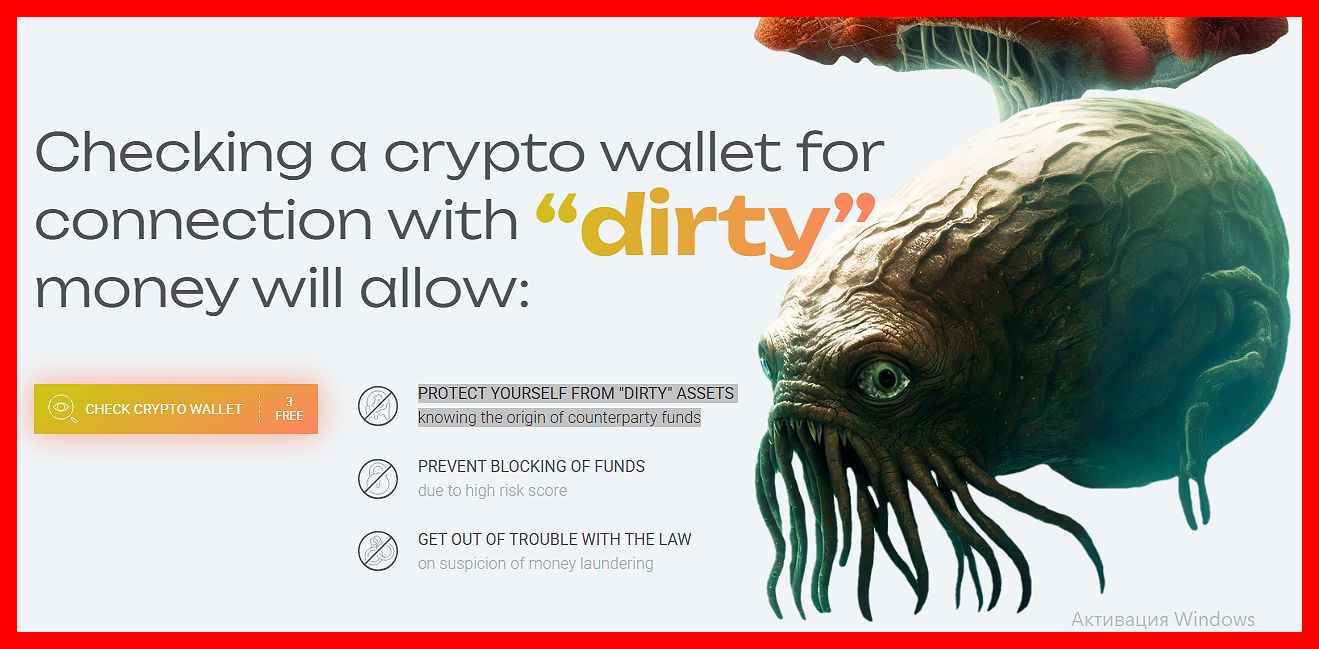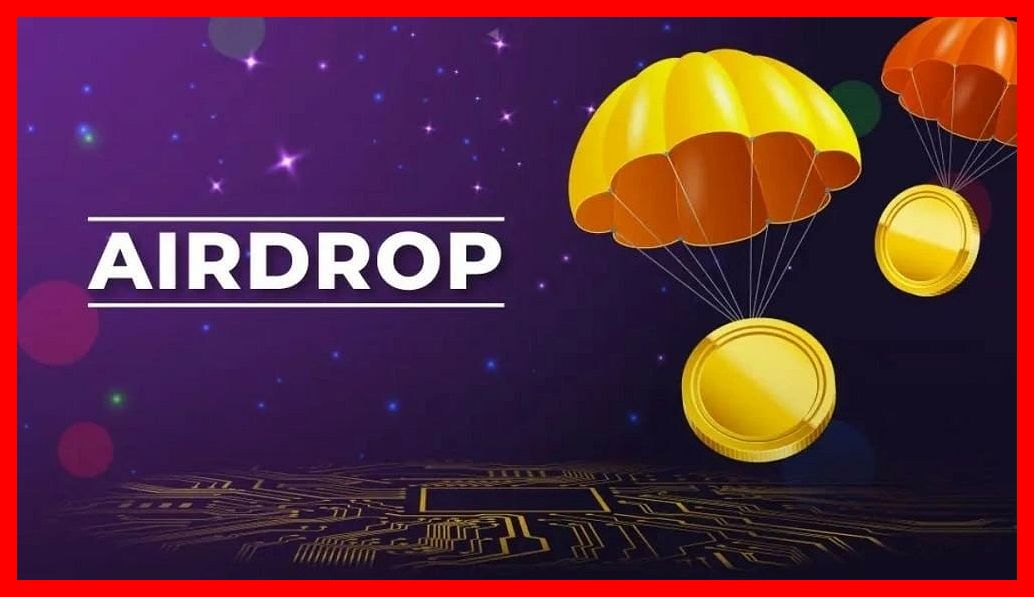Russian Ministry of Finance wants to release cryptocurrencies for international payments
 Moscow in autumn. Image by Loris Silvio Zecchinato via Flickr.com. License: Creative Commons
Moscow in autumn. Image by Loris Silvio Zecchinato via Flickr.com. License: Creative Commons
A director of the Russian Ministry of Finance declares that cryptocurrencies will be allowed as cross -border means of payment. That in itself doesn’t say much; The regulatory situation in Moscow remains nebulous.
Some reports lead to ethically dangerous waters. For example, what the Bitcoin Magazine titled yesterday:
“Russia to Allow International Trade in Bitcoin, Crypto for Any Industry”
In German: Russia will allow international trade in Bitcoin and crypto in every industry.
Under normal circumstances, as a bitcoin you would welcome such a message with jubilation. When a huge, powerful country like Russia uses Bitcoin – then we made it. The peaceful global currency reform, which is Bitcoin, has basically already won.
But the circumstances are not normal. Russia wages war and is under sanctions. Without having too many barrels: it should hardly be consensus in this country to welcome Russia to deal with financial sanctions.
Nevertheless, the message is relevant.
So Russia will accept Bitcoin for international trade? The Russian and Chinese economy will soon pay for Bitcoin? Or is everything more sound and smoke?
Bitcoin, crypto or both?
So Russia will release Bitcoin Magazine, Bitcoin and Krypto for international trade. The source for this is a message from the Russian news agency TASS.
This message reports that Iwan Chebeskow, the director of the finance policy at the Ministry of Finance, said the following in a television interview with RTV1: “We will allow international settlements in cryptocurrencies for every industry without restrictions”.
At first there is no talk of Bitcoin here. Only from cryptocurrencies, which can mean a lot.
Afterwards, the report on Tass summarizes what Chebeskow tells about a discussion between the Ministry of Finance and the Central Bank (Bank Rossii): The biggest difference in the positions is that the finance ministry – now TASS quotes the director – “suggests a complete infrastructure for the circulation of digital currencies.”You need this” local crypto infrastructure “, Chebeskow continues, firstly to protect the interests of the citizens, because-here the machine translation is spongy-you can currently only act on crypto bonds for a limited extent, and secondly to check that the cryptocurrencies are only used legally.
You have to know Russia, not a really big, legal crypto exchange. The trade is mostly informal. Chebeskow may allude to the fact that Russian crypto traders have so far mainly used foreign stock exchanges, which is currently being made more difficult by sanctions. With his plan, he would have had to create the lack of legal certainty for crypto entrepreneurs so that they can build a local crypto market.
Tass does not explain what the opposite position of the central bank is. The news agency only adds that the Bank Rossii had announced “earlier” that it intends to “start testing the digital ruble with real customers in April 2023.“From 2024, a stock exchange should finally be opened, on which the digital rubles can be acted against foreign currencies and on which non-Russians can also open wallets.
There is still no question of Bitcoin. It is amazed that Bitcoiners, who like to insist that “Bitcoin” is not “crypto” when the press is watching Bitcoin because the “crypto scene” is returned by hacks and fraud, now that Russia deals with sanctions, Bitcoin pulls into the story from their own pieces, although there is talk of cryptocurrencies.
That would be the ethical brackish water.
Many confusion about crypto in Russia
One should not attach too much importance to the message. Russia has not decided to allow cryptocurrencies for international trade without restrictions, as the heading in Bitcoin Magazine suggests, but a director of the Ministry of Finance suggests this.
Such proposals have been coming out of the Ministry of Finance for years, while the central bank has been calling for prohibitions or at least strict regulation for years.
The bottom line is that the crypto advances from Russia are confused. In mid -2020, cryptocurrencies are prohibited as a means of payment, but allowed as an investment. In February 2022 Central Bank and Ministry of Finance agreed to introduce banks as intermediate men and to ban private wallets. In March, Russia offers “friends of nations” to pay oil with Bitcoin. In April, a draft law is circulating in Duma, which legalizes cryptocurrencies under strict requirements. And again and again an interjection after a ban.
Chebeskov’s proposal to release cryptocurrencies for international trade is more of a marginal note for general legalization. How far can cryptocurrencies in Russia also be means of payment?
Chebeskow nor does a roadmap, until when this should be so far, nor does the presentation at TASS, such as details, such as whether the infrastructure still to be formed is a prerequisite for companies to use cryptocurrencies or how the transactions should be regulated.
Chbeskow also leaves the unclear what he means by “cryptocurrencies”. It could be Bitcoin, Ether, Litecoin, Dogecoin, Ripple, Monero and so on. These are allowed as an investment, but there is still uncertainty as to whether they can also be used as a means of payment.
However, “cryptocurrencies” could also be tokens. DTWA around dollar stall coins, the Chinese digital Yuan, the digital rubles planned by Bank Rosii or a gold-based currency to be founded. Unlike the Ministry of Finance, the bank has a Roadmap Moit annual figures for this.
So probably the message doesn’t mean much. As has long been possible, Russia would like to enable the previously missing regulated market for cryptocurrencies, and wants to build an infrastructure for this, but the Ministry of Finance and the Central Bank continues to be disagreed, which is why each institution cooks its own soup. Maybe you could understand it that way.
Ravina Pandya, a content writer, has a strong foothold in the market research industry. She specializes in writing well-researched articles from different industries, including food and beverages, information and technology, healthcare, chemicals and materials, etc. With an MBA in E-commerce, she has expertise in SEO-optimized content that resonates with industry professionals.

 by
by 








